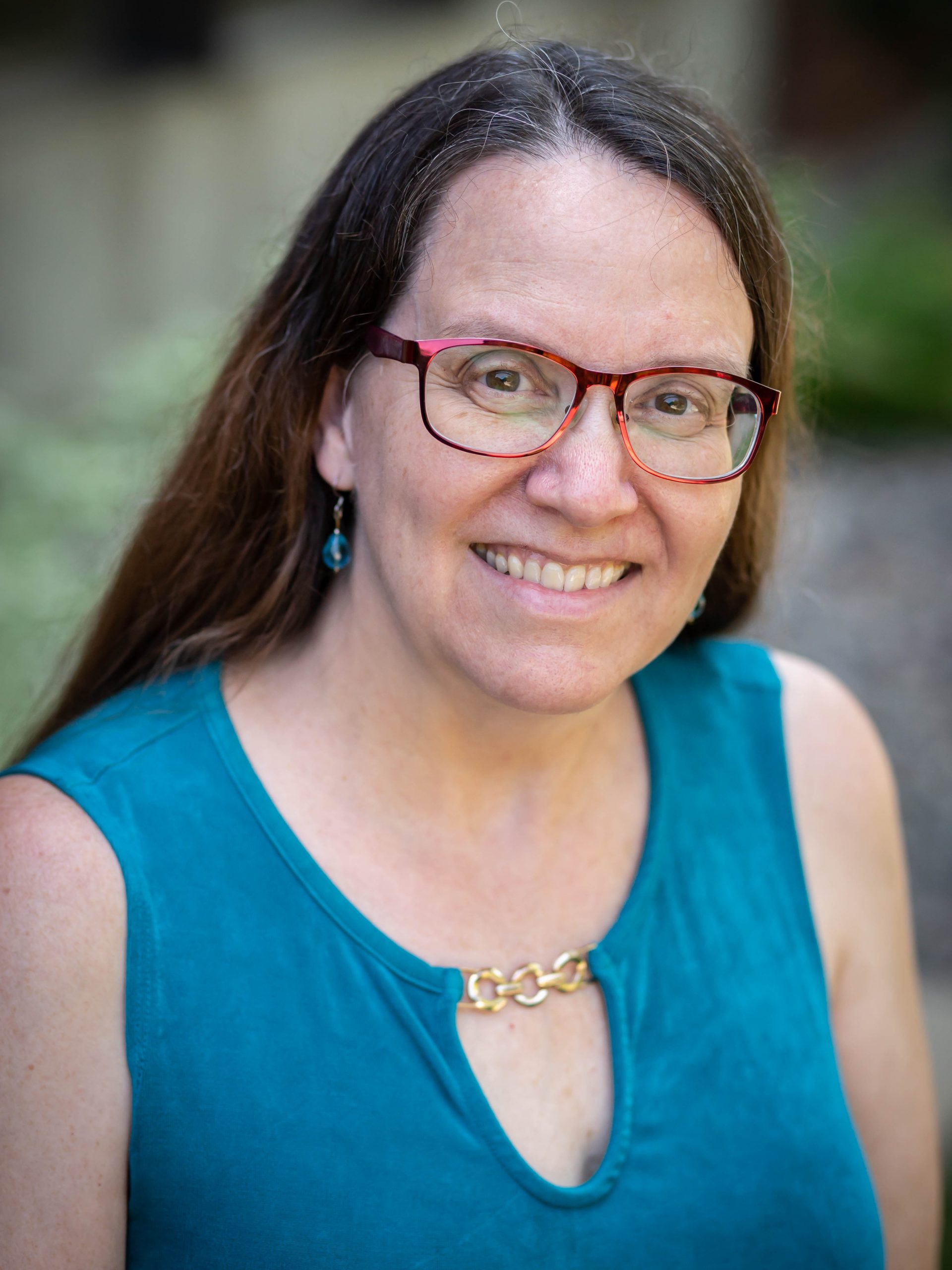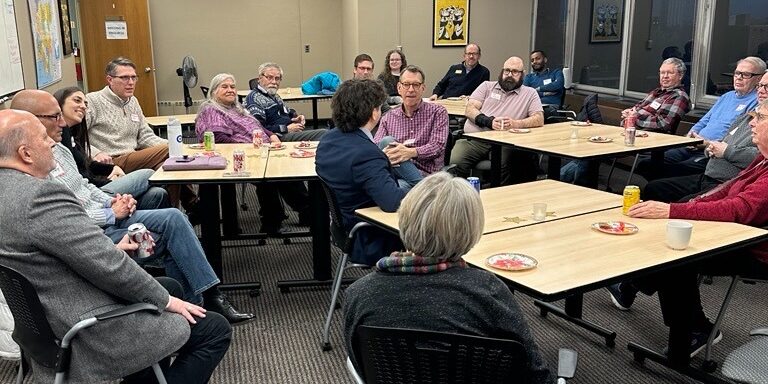 By Peg Ihinger
By Peg Ihinger
On the first Thursday of every other month, I clip a little brass Minneapolis Area Synod nametag to my sweater and prepare to welcome two groups of people to the synod office for Candidacy Day.
The first group, armed with coffee and donuts, are the members of our candidacy committee. These quietly dedicated and thoughtful individuals, a mix of pastors, deacons, and laypeople, come here to interview the second group: our candidates for ministry in Word and Sacrament and Word and Service.
The candidacy committee interviews and evaluates our candidates at three different points in their seminary education. At our meeting on February 6, we had two candidates starting seminary (Entrance), one who is midway through, before internship (Endorsement), and one who had completed internship and is about to graduate (Approval). The panel conversations last an hour and a half, covering everything from the candidate’s sense of their own call and points of Lutheran theology, to exploration of how their leadership skills and ministry imagination are developing.
Afterward, the panelists report back to the committee, which then votes on whether to allow each candidate to go on to the next level of candidacy.
Over the seven years I’ve overseen the synod’s candidacy process, I’ve been struck by the diversity of experiences that our candidates bring. I particularly enjoy the conversations we hold with prospective candidates at the beginning of their journey, which always start with, “Tell us your story.”
And what stories they bring to the table! Some candidates, of course, start seminary straight out of college. But others are considering ministry as a second career, and they come to us from all walks of life: musicians, teachers, financial planners, and church youth workers. We’ve talked with a potter, a geneticist, a chemical dependency counselor, an IT specialist, an attorney, a chemist, and more.

Candidates for ministry, Candidacy Committee members, synod staff, and Bishop Nagel gather for an Open House each December.
Yet, they have two things in common: they are all members of a congregation in our synod. And they hear the call, a sometimes-niggling voice deep inside that tells them that they are meant to be a leader in the church.
This voice nudging toward a call can be very quiet, bubbling in the back of the mind, sometimes for years. Churches play a crucial role in helping future leaders hear that sense of call and bring it up to the surface. I can’t tell you how many times I’ve heard from a candidate, “I first felt the call when I went to Camp Wapo,” or “my confirmation teacher told me that she could really see me as a pastor,” or “the church asked me to be a Sunday school teacher when I was in high school—and that got me thinking about things.”
Do you see a young leader-in-the-making in your congregation? Have you told them and encouraged them to explore the possibilities? Some of our congregations have helped our candidates in other ways, too, by paying the initial candidacy fees, lifting up their seminarians in prayer, and offering internship opportunities.
The seed may lie dormant in the dark for years, even decades. But it might never sprout at all without the people in the pews keeping an eye out for potential leaders-to-be.
If someone you know is discerning a call to become a pastor or deacon, The ELCA has a resource called JOURNI, featuring small courses, articles, videos, and podcasts that showcase programs and ministries. And of course, I’m happy to chat and answer any questions!
